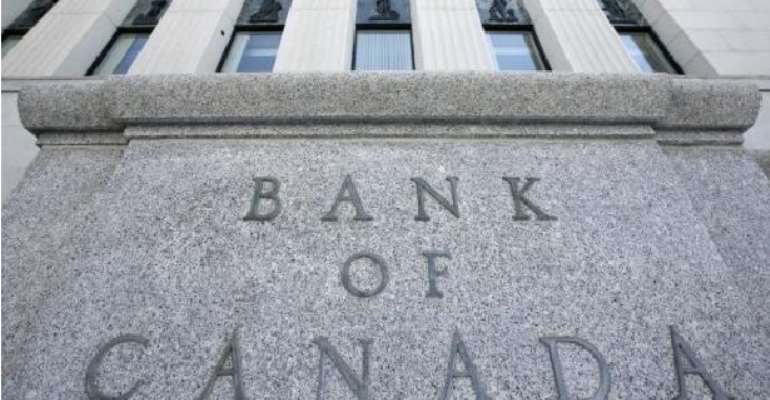Canada Surprise Rate Cut Keeps Housing Party Going

A surprise move by the Bank of Canada to cut interest rates on Wednesday could reignite Canada's housing market and renew fears of a bubble, just as the market had finally begun to cool after a five-year run to record prices.
Canadian housing prices have risen 36.8 percent on average since mid-2009 and the average home price has doubled over the past decade. Last month, the central bank said the housing market could be overvalued by as much as 30 percent.
But concerns about the effect of oil prices that have fallen in half this year overrode worries about stoking a housing bubble on Wednesday, and the bank cut its benchmark rate to 0.75 percent from 1 percent. The energy sector makes up about 11 percent of Canada's GDP and about one quarter of Canadian exports in 2013.
“This means everyone is going to get back in the saddle and we're going off to the races again,” said Toronto real estate agent Steven Fudge. “It creates a sense of relief that we haven't seen the top of the market.”
Canada's housing market paused in 2009 but didn't collapse as it did in the United States, and prices have risen as low interest rates helped Canadians boost their borrowing to buy ever more expensive homes. According to the RBC Housing Affordability Index, it takes 47.8 percent of a household's pre-tax income to service the cost of owning a standard two-story Canadian home at current market values.
“The real estate market has nine lives. Every time it's supposed to slow down, something keeps the party going,” said Benjamin Tal, senior economist at CIBC World Markets.
Tal said that while a drop in interest rates by 25 basis points may not impress homebuyers who have come to believe cheap money is normal, it raises the risk that indebted Canadians will take on more debt.
“With the debt situation relatively elevated, cutting interest rates and adding fuel to the fire is not exactly the best thing for this situation,” Tal said.
James Laird, President of CanWise Financial residential mortgage brokerage, said the rate cut will have an immediate effect on the demand for mortgages, pushing people back into cheaper variable rates from higher fixed-rate products.
“The Bank signaling that costs will be lower, even declining, should mean another year of growth for housing and real estate,” said Laird, whose company does business in Ontario and Quebec, Canada's two most populous provinces.
“We shouldn't be surprised that when money is cheap people take more of it,” Laird added.
To be sure, there are important differences between Canada's housing market and that in the U.S., where the bursting of a housing bubble beginning in 2007 helped usher in the worst economic downturn since the Depression. Canada has tighter lending standards, healthier banks that keep mortgage loans on their books and high fees which discourage buying and flipping homes for profit. In Canada, housing as an investment means buying a house and renting it out, earning income from rent and counting on capital appreciation.
The most common mortgage in Canada is a fixed five-year product. Mortgage interest isn't deductible in Canada, meaning there's no incentive to take on a bigger mortgage than what's needed.
For Fudge, the real estate agent whose business with the property website urbaneer.com focuses on the Toronto market, the ability of new buyers to shift from a five-year fixed rate to a one-year variable gives them just enough wiggle room to bump up their price limit another C$50,000.
“Those buyers who were capped at C$800,000, this will allow them to go to the C$850,000 that they really need to go to today, that tipping point in this housing market that makes the difference in a bidding war,” said Fudge.
But not everyone is convinced the rate cut will boost the housing market.
Hilliard MacBeth, an Edmonton-based portfolio manager at RichardsonGMP and author of “When the Bubble Bursts: Surviving the Canadian real estate crash,” believes the central bank's concern could scare everyone out of the market.
“If they are so concerned they are cutting rates because they are worried about a recession, will that spread to homebuyers?” said MacBeth, whose view from Canada's hard-hit resource sector takes in a lot of frightened consumers.
“All it takes is for them to see a neighbor lose his job … and they really change their attitude towards accumulating more debt.”
REUTERS
